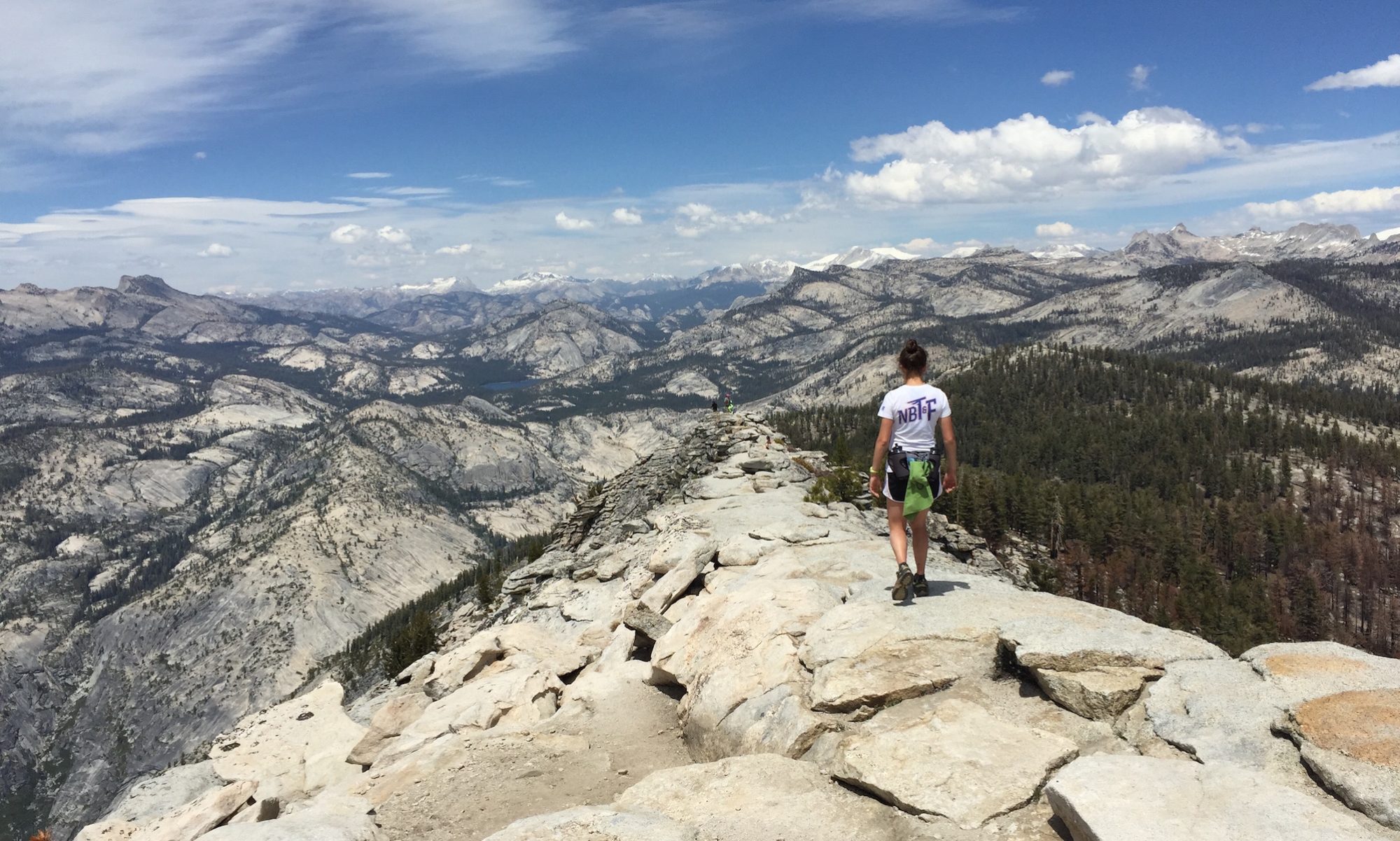There were so many good papers and interesting, accomplished people at the Living With Animals Conference at Eastern Kentucky University! One rarely finds such a collegial, kind, smart, and diverse group coming together around anything — much less the issue of animals in the academy. So this meeting was truly a treat. I definitely can’t do the whole experience justice in this post, so I’ll just touch on the highlights: Every session I attended kept me riveted for the duration. A “Living with Horses” session on Thursday addressed the subtle and profound issues of helping people and horses who fall on hard times through Equine Rescue services, as well as the changing paradigms and ethics of enlisting horses in therapeutic interventions for humans. The third paper in this session used Jane Smiley’s work, especially her fiction for juveniles, to consider the ways children and horses both function as “live property” in the contemporary United States.
Friday began with a wonderfully rich and entertaining presentation by Margo DeMello, about teaching “Human-Animal Studies.” This theme carried over to the session where I talked about our blogging project. I also learned about how to incorporate animal studies into a first-year seminar with a service-learning component, how the occupational therapy program at Eastern Kentucky University engages a broad spectrum of learners (and horses), and how inquiry-based learning (using the Project Dragonfly QUEST model) can be used in an animal ethics course. The afternoon was devoted to Animal Subjectivity. Pamela Ashmore’s presentation raised many troubling questions about the often noble goals and incredibly high physical and monetary costs of taking non-human primates into the home as “pets.” Even more confounding, was Lynn White Miles’ paper about the thirty year journey of Chantek the orangutang from research subject to enculturated child, back to research subject, and then (currently) to exhibition object (at the Atlanta Zoo).
The highlight of the day was a round table session about setting up Animal Studies programs featuring Bob Mitchell, conference organizer and founder of the Animal Studies major at EKU. This is the first major of its kind, and will produce its first graduates this spring. The curriculum is rigorous, practical and elegantly balanced: Students develop in-depth competence in Arts and Humanities (courses such as Animals in History, Animal Ethics, Cultural Anthropology), they gain a solid footing in the sciences with coursework in zoology, ecology, comparative psychology, human evolution, etc., and they complete an “applied” concentration in conservation, animal science, and animals and the law. Capstone coursework and options for field study and study abroad provide the flexibility and focus for an academic experience grounded in the three major elements of Animal Studies: study of the animal, study of human interactions with animals, and study of relationships between animals and people.
I had to leave mid-day on Saturday to avoid driving through the spring snow storm that swept off the flatland and into our mountains this morning. I hated to miss the tour of the Kentucky Horse Park today, but was grateful for the chance to hear Ken Shapiro’s final keynote about the future of Human-Animal Studies and some very compelling papers before heading home. These included Jessica Bell’s analysis of how the new “naturalization” of the circus in major media outlets invokes discourses of conservation, animal protection, and domestication to legitimize the exploitation of animals, especially elephants. Jeannette Vaught’s presentation on the connection between commercial horse slaughter and private horse cloning raised a host of issues, none of which sit easily with popular conceptions of equine sport, biomedical advances, and the monetary “value” of individual horses. The shifting sands on which equine capital is evaluated and which determine the fate of race horses at the end of their career received nuanced and sophisticated analysis from Tamar Victoria Scoggin-McKee, whose fieldwork with Thoroughbred Ex-Racehorse Rescue promises to produce a fabulous dissertation.
Scoggin-McKee also provided a thorough update on the conference via Twitter (#livingwithanimalseku).
